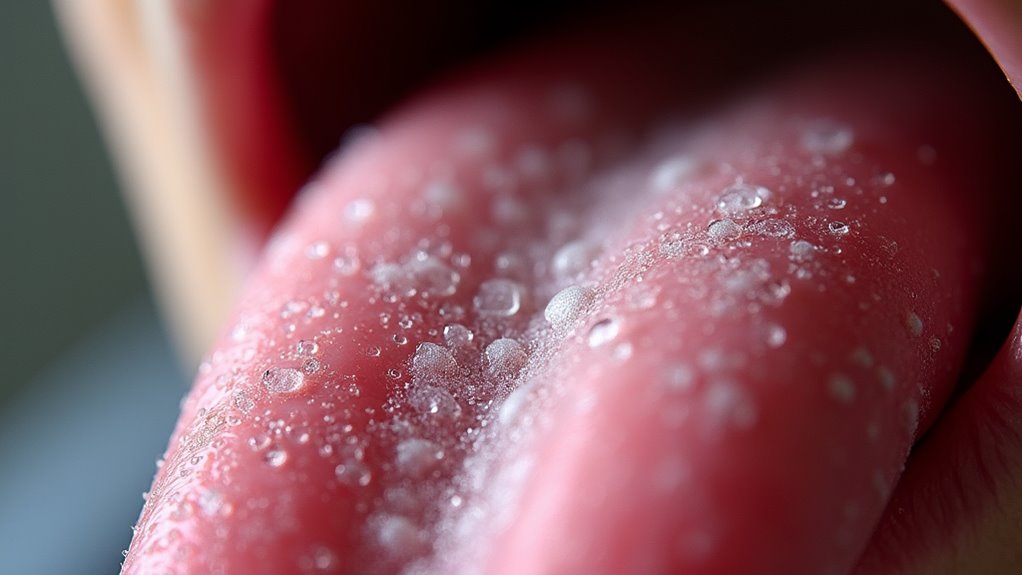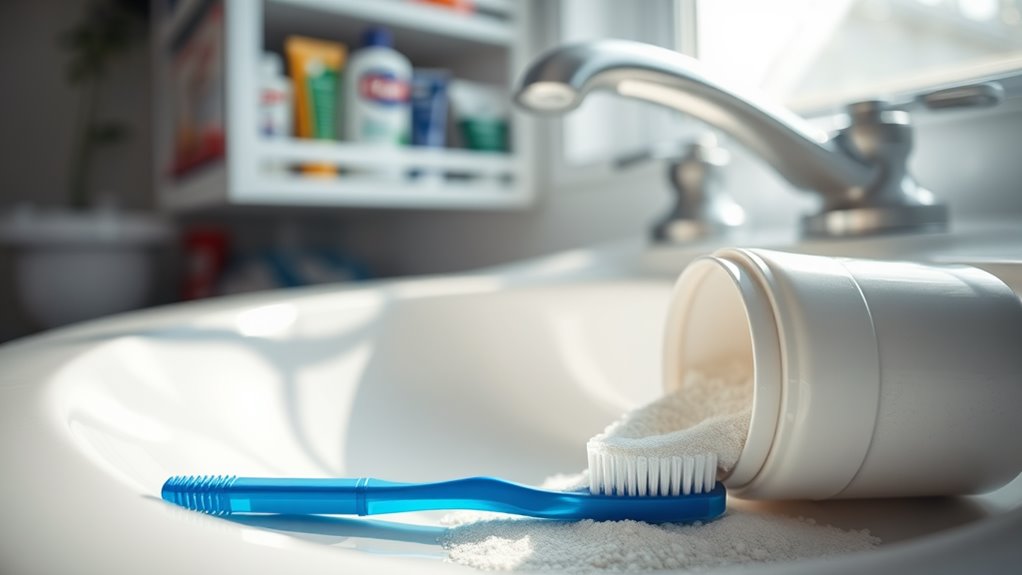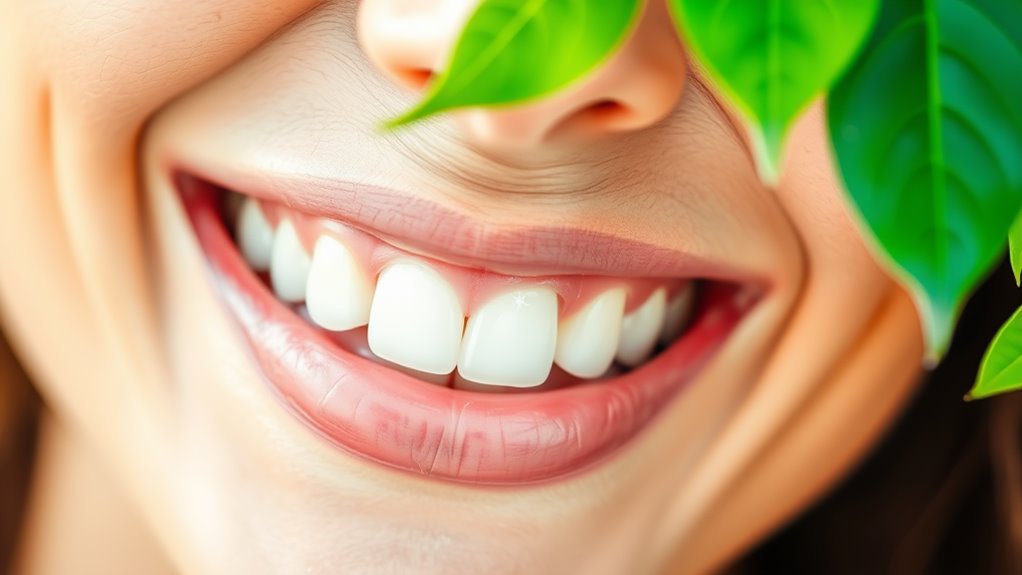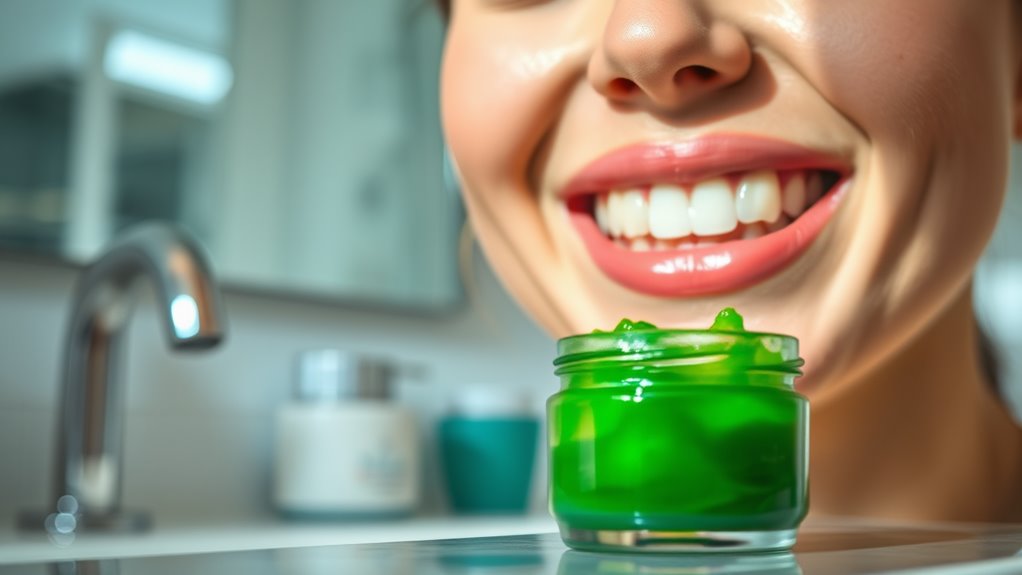Your Tongue Could Be The Reason for Your Bad Breath!
Have you ever wondered why your breath doesn’t feel fresh, even after brushing your teeth? The answer might be sitting right in your mouth – your tongue. That seemingly innocent muscle harbors millions of bacteria that feast on food particles and dead cells, creating those embarrassing odors you’d rather avoid. While you’ve focused on your teeth and gums, your tongue could be sabotaging your efforts at fresh breath.
Understanding the Connection Between Your Tongue and Bad Breath
Your tongue plays a crucial role in causing bad breath, as it harbors millions of bacteria that feed on food particles and dead cells.
The rough surface of your tongue creates the perfect environment for these microorganisms to thrive, especially in the deep crevices and grooves toward the back.
When bacteria break down proteins and other organic matter on your tongue, they produce volatile sulfur compounds (VSCs). These compounds are responsible for the unpleasant odor commonly associated with bad breath.
What’s more, your tongue’s surface can develop a white or yellowish coating, which indicates an accumulation of bacteria, debris, and dead cells.
You’ll notice that bad breath often intensifies when your tongue isn’t properly cleaned. That’s because the longer bacteria remain on your tongue, the more VSCs they produce.
Regular tongue cleaning using specialized tools like tongue scrapers can significantly reduce these odor-causing compounds and improve your breath’s freshness. Additionally, maintaining adequate hydration levels is essential to help wash away food particles and bacteria from your mouth.
Essential Tips for Proper Tongue Cleaning and Maintenance
Since maintaining a clean tongue is key to fresh breath, implementing the right cleaning techniques makes all the difference. Start by investing in a quality tongue scraper made of stainless steel or copper, as these materials offer superior cleaning compared to plastic alternatives. Scrape from back to front 3-4 times daily, applying gentle pressure to avoid damaging your taste buds.
For enhanced cleaning, combine scraping with a specialized tongue brush. Dip the brush in an alcohol-free mouthwash or mix baking soda with water to create a natural cleaning solution. Focus on reaching the posterior third of your tongue where most bacteria accumulate. If you notice a white or yellowish coating, that’s bacteria buildup you’ll want to target. Regular tongue cleaning can significantly reduce bad breath-causing bacteria, improving your overall oral health.
Don’t forget to clean your tongue cleaning tools after each use and replace them every 3-4 months. For optimal results, perform your tongue cleaning routine both morning and night, especially after consuming strong-flavored foods.
Breaking Free From Halitosis: Professional Solutions and Daily Care
While many people try home remedies for bad breath, consulting a dental professional offers the most comprehensive path to treating chronic halitosis. Your dentist can identify underlying causes and recommend targeted treatments that address the root of the problem. Additionally, maintaining healthy oral habits is vital for fresh breath.
| Treatment | Benefits | Time Frame |
|---|---|---|
| Professional Cleaning | Removes buildup, bacteria | Every 6 months |
| Periodontal Therapy | Treats gum disease | As needed |
| Antimicrobial Rinses | Kills harmful bacteria | Daily |
| Tongue Scraping | Removes bacteria, debris | 2x daily |
You’ll need to maintain a consistent daily routine to keep halitosis at bay. Start by brushing twice daily with fluoride toothpaste, flossing regularly, and using an alcohol-free mouthwash. Don’t forget to replace your toothbrush every three months and stay hydrated throughout the day. If you wear dentures, clean them thoroughly each night and consider using specialized cleaning tablets for optimal results.




